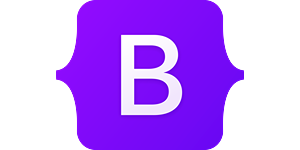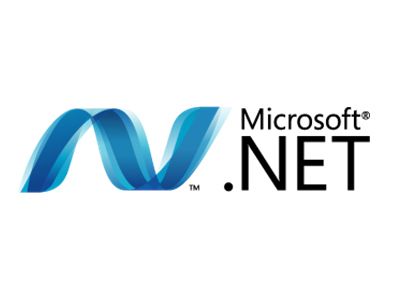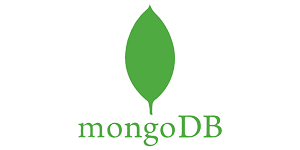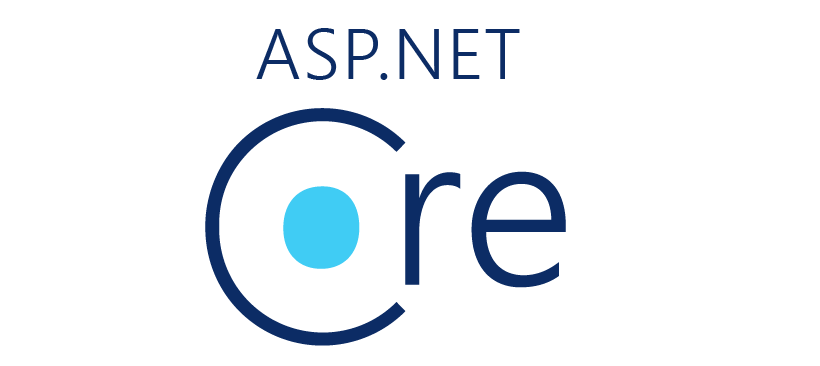Resource Planning (ERP)
What is ERP?
Enterprise Resource Planning (ERP) is a type of software that organizations use to manage and integrate their core business processes. It provides a centralized system that brings together various departments such as finance, human resources, supply chain, inventory, manufacturing, and customer relationship management (CRM).
Why Use ERP?
- Centralized Data Management: Eliminates data silos by consolidating information into a single, unified system.
- Efficiency & Automation: Automates routine tasks, reducing manual errors and increasing productivity.
- Improved Decision-Making: Provides real-time data and analytics to support strategic decisions.
- Scalability: Easily adapts to the changing needs of businesses as they grow.
- Compliance & Security: Helps maintain regulatory compliance and ensures data security.
Key Features of ERP Systems
- Integrated Modules: Finance, inventory, sales, HR, and other modules work together seamlessly.
- Real-Time Reporting: Offers insights into operations with up-to-date reports and dashboards.
- Customizable Solutions: Tailored to fit specific industry needs, from retail to manufacturing.
- Cloud & On-Premise Deployment: Flexible hosting options based on business requirements.
- Workflow Automation: Streamlines repetitive tasks and reduces operational delays.
Benefits of ERP for Businesses
- Enhanced collaboration across departments.
- Cost savings through improved resource allocation.
- Better customer satisfaction with streamlined service delivery.
- Accelerated response times to market changes.
Industries That Use ERP
ERP systems are widely used in industries like:
- Manufacturing
- Retail and eCommerce
- Healthcare
- Construction
- Education
- Nonprofit organizations












